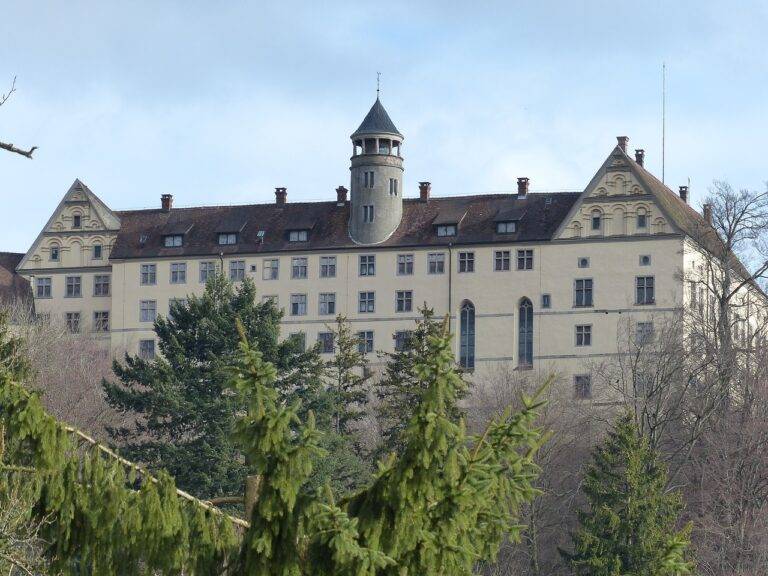The Evolution of Tea Houses: From Ancient Temples to Modern Urban Retreats: 11x bet login, India24bet login, Sky fair
11x bet login, india24bet login, sky fair: Tea houses have been an integral part of cultures across the globe for centuries. These establishments have evolved over time, adapting to changing societal norms and tastes, while still maintaining their core essence as places for relaxation, socialization, and tea enjoyment.
Ancient Origins: Tea houses have a long history, with roots tracing back to ancient temples in China and Japan. These early tea houses were simple structures where monks and scholars gathered to discuss philosophy, poetry, and politics over cups of freshly brewed tea. The practice of tea drinking was considered a form of meditation, promoting mindfulness and connection to nature.
Rise of the Tea Ceremony: As tea drinking spread to other parts of Asia, such as Korea and Vietnam, elaborate tea ceremonies began to emerge. These ceremonies were highly ritualistic, with strict protocols for preparing and serving tea. Tea houses became the designated spaces for these ceremonies, attracting aristocrats, intellectuals, and the elite of society.
Colonial Influence: With the advent of colonialism, tea houses started to appear in Europe and the Americas. These establishments often mimicked the design and aesthetics of Asian tea houses, creating a sense of exoticism and luxury for patrons. Tea became a fashionable drink among the upper classes, leading to the creation of exclusive tea houses in major cities like London, Paris, and New York.
Modern Urban Retreats: Today, tea houses have evolved into modern urban retreats, offering a peaceful respite from the hustle and bustle of city life. These establishments focus on creating a serene ambiance, with minimalist decor, soothing music, and a wide selection of teas from around the world. Customers can choose from traditional loose-leaf teas, herbal blends, and specialty drinks like matcha lattes and bubble tea.
Tea Tastings and Workshops: Many tea houses now offer tea tastings and workshops, where customers can learn about the different types of tea, brewing techniques, and the health benefits of tea consumption. These educational events provide a deeper appreciation for the art of tea making and foster a sense of community among tea enthusiasts.
Tea House Etiquette: While the atmosphere of tea houses may have changed over time, there are still certain customs and etiquette guidelines that remain constant. For example, it is customary to greet the tea house staff upon entering, wait to be seated, and avoid loud or disruptive behavior. Many tea houses also have specific rules about teapot handling, drinking tea, and disposing of used tea leaves.
Conclusion: The evolution of tea houses from ancient temples to modern urban retreats showcases the enduring appeal of tea as a beverage and a cultural phenomenon. These establishments continue to provide a space for relaxation, socialization, and the enjoyment of tea in all its diverse forms.
FAQs:
1. What is the difference between a tea house and a tea room?
A tea house is typically a larger establishment that serves a variety of teas, while a tea room is usually smaller and offers a more limited selection of teas and pastries.
2. Can I host a private event at a tea house?
Many tea houses offer private event space for parties, meetings, and special occasions. Be sure to inquire about reservations and pricing options.
3. Are there any traditional tea ceremonies still practiced today?
Yes, traditional tea ceremonies are still practiced in places like Japan, China, and Korea, as well as at specialized tea houses and cultural events worldwide.







